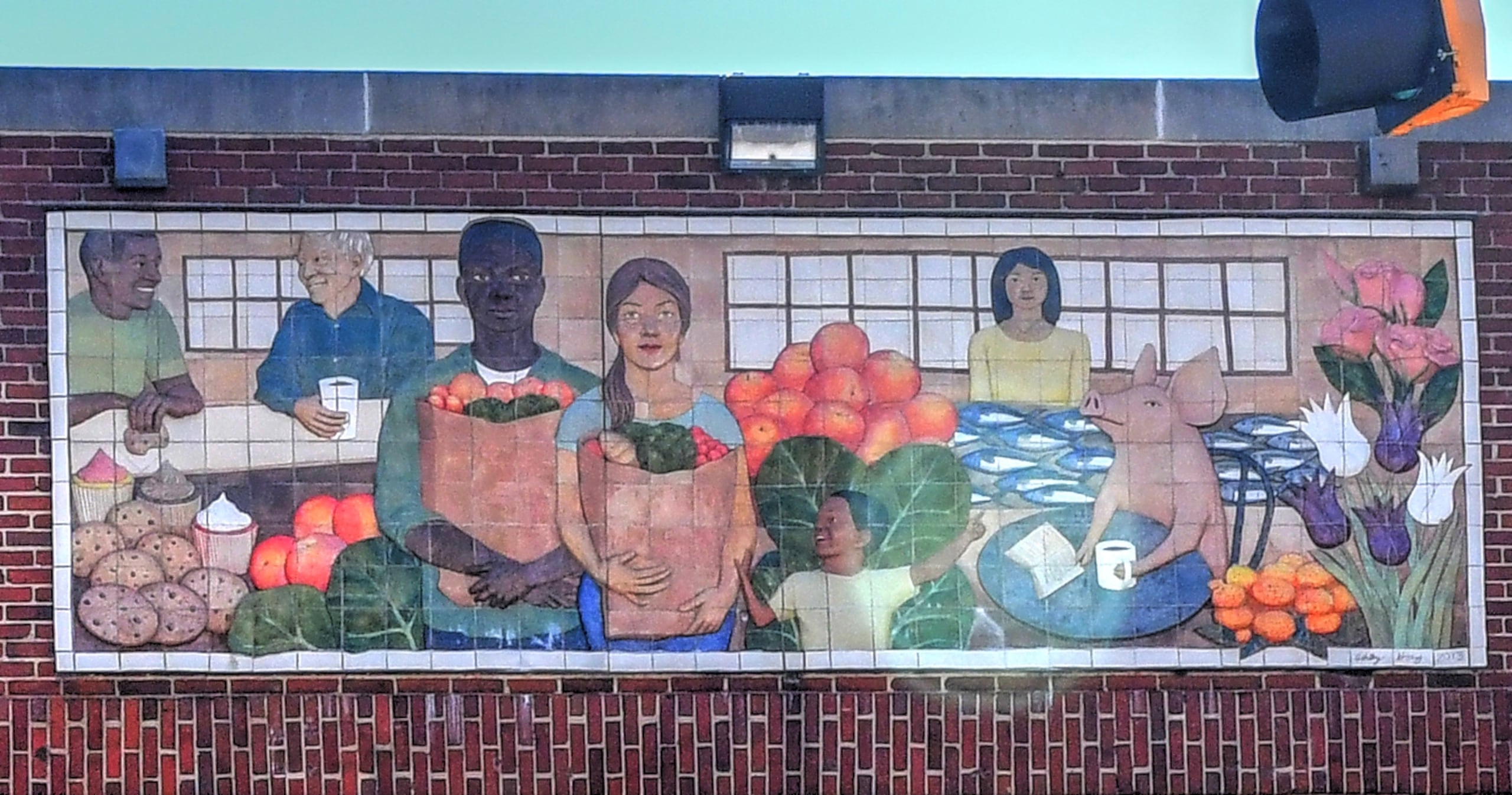Your guide to Atlanta’s historic Sweet Auburn neighborhood

Serving as the birthplace of Dr. Martin Luther King, Jr. with a rich history associated with the Civil Rights Movement, the Sweet Auburn district is located east of downtown Atlanta and is known as Atlanta’s famous historic African-American neighborhood.
Sweet Auburn once served as a flourishing Black neighborhood in the United States around the 1940s and 1950s, with a large concentration of successful African-American businesses. However, the Downtown Connector, which was constructed in 1962, split Sweet Auburn in two and caused it to fall into a state of disrepair. That said, the Sweet Auburn district became a National Historic Landmark District and was added to the National Register of Historic Places in 1976. Due to this, Sweet Auburn has preserved many of the historic buildings that have kept the enduring history of the African-American community in Atlanta alive today and is a great place for history aficionados to visit.
Check out some of the many places you can visit and enjoy in the Sweet Auburn neighborhood below.
Restaurants in the Sweet Auburn District
If you’re looking for fresh produce, meat and seafood, or want to grab a bite to eat from one of the many diverse merchants and vendors, be sure to check out the Sweet Auburn Curb Market (also known as the Municipal Market), which has been operating since 1918.
Transport to the Caribbean as you dine on classic favorites such as jerk chicken at colorful Mango’s Caribbean Restaurant.
Located in the building that served as Atlanta’s first Black hotel, Pal’s Restaurant and Lounge is a 40-year-old fourth-generation family-owned establishment.
If you’re looking for Atlanta’s vegan late-night breakfast bar, look no further than Cafe Kulture, offering plant-based paninis, subs, salads and more.
Fall in love with peach cobblers (and other fruit-inspired cobblers) at The Peach Cobbler Factory.
Last but not least, Atlanta Breakfast Club (ABC) Chicken and Waffles/Nitro Coffee Counter serves a “sweet” menu of buttermilk fried chicken, Belgian waffles, and Phoenix Roasters Nitro Coffee in the “sweetest” neighborhood in Atlanta.
Museums and Historic Buildings
The Martin Luther King, Jr. Historic Site is managed by the National Park Service and features the Dr. Martin Luther King, Jr. Birth Home, Visitor Center (which serves as a museum), historic Ebenezer Baptist Church, the King Center (which serves as a Center for Nonviolent Social Change and houses the tomb of Dr. King and his wife, Coretta), Historic Fire Station No. 6, and many more.
The Auburn Avenue Research Library on African American Culture and History serves as the premier African-American-focused library as part of the Fulton County Library System and provides resources for students, scholars and the general public to learn more about the culture and history of people of African descent.
The APEX Museum stands for “African-American Panoramic Experience” and offers quarterly exhibits of both African and African American history and culture to educate visitors from all over the world about the contributions of the African diaspora.
Next to the APEX Museum, you’ll find the Atlanta Daily World building, Atlanta’s oldest black newspaper, which was housed there from 1928 to 2008 (the newspaper moved to a new location since then).
Madam CJ Walker Museum/WERD Studio introduces visitors to America’s first female self-made millionaire and WERD, the first black-owned radio station in America.
You may have noticed the large “Jesus Saves” sign as you drive on the Downtown Connector. The sign also greets you as you walk on historic Auburn Avenue. This sign belongs to the historic Big Bethel AME (African Methodist Episcopal) church.
Our Lady of Lourdes Catholic Church is the first African-American Catholic church in Atlanta and Wheat Street Baptist Church is reminiscent of a time when Auburn Avenue was called Wheat Street. All of the churches are still active today and hold rich history when it comes to Atlanta’s civil rights legacy.
History and preservation enthusiasts will enjoy seeing the historic architecture of the now-defunct but ever-prominent Butler Street YMCA in the annex of Wheat Street Baptist Church.
